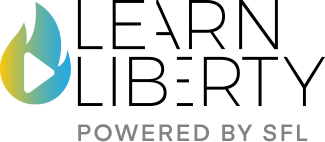Category:Free Markets and Capitalism
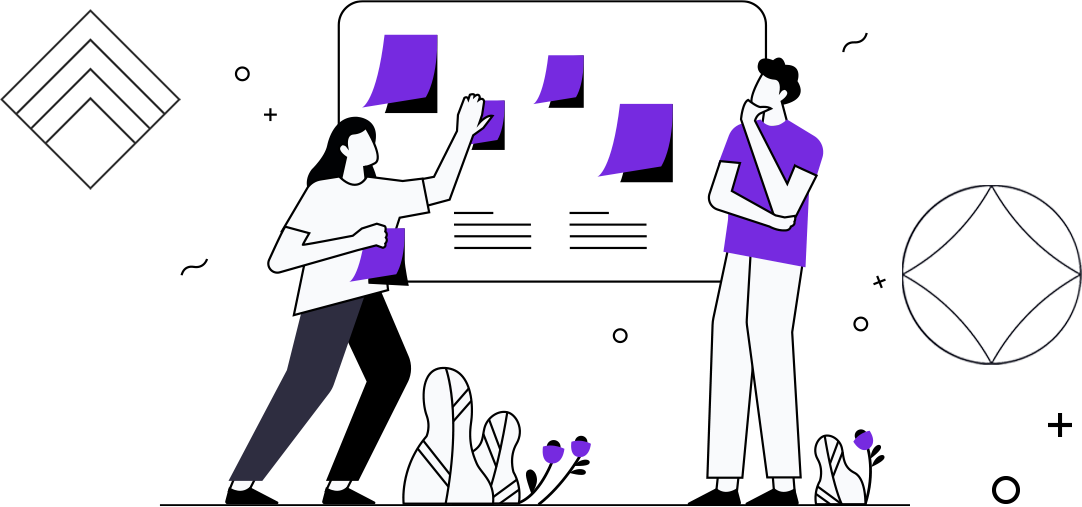
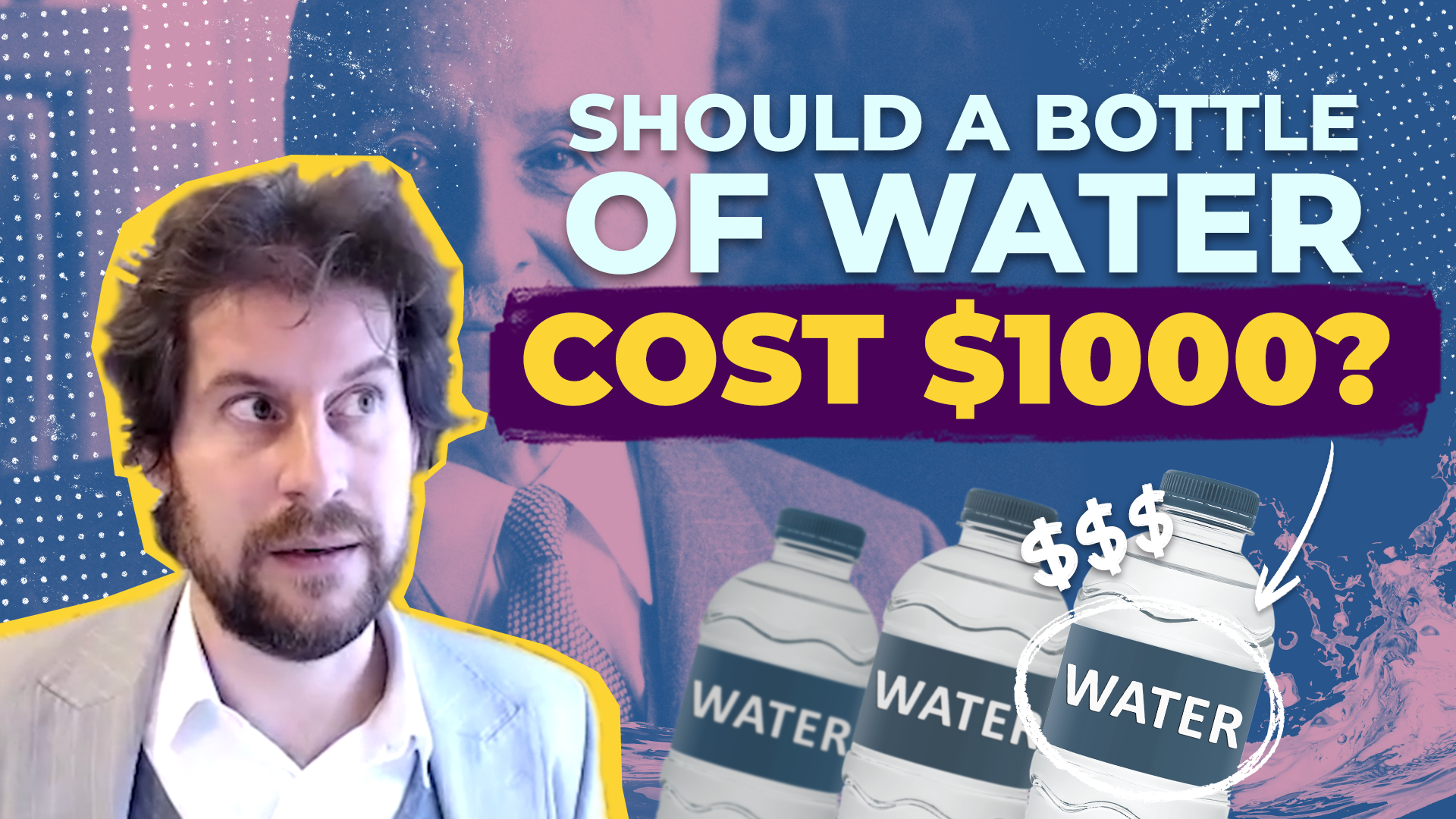
150 Years of Austrian Economics in Less than 7 Minutes
March 8, 2022 | Video
Should a bottle of water cost $1000? Since water is so important to … ya know, keep us alive … why is it so cheap? On the other hand, diamonds do nothing to sustain life. And yet, they often DO cost $1000 — or more. This paradox troubled economists for centuries, but one group is […]

What makes Ayn Rand so significant
February 28, 2022 | Post
When we think of terms such as capitalism, individualism, or selfishness, one name comes to mind: Ayn Rand. But what makes Rand so significant?
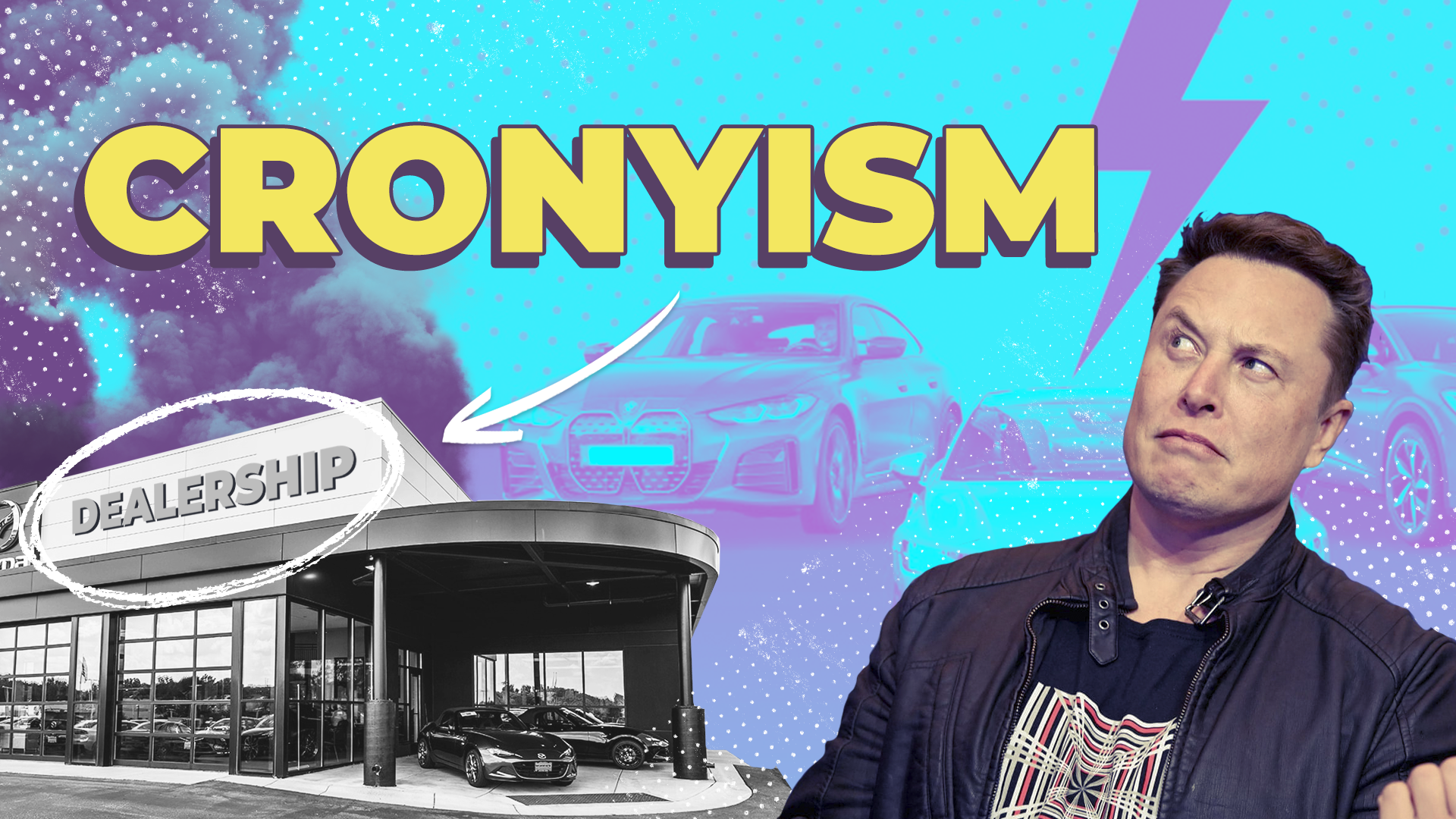
What’s holding back the Electric Vehicle Revolution?
February 8, 2022 | Video
Those flying cars we’ve seen for years in sci-fi films and cartoons? Yeah — still waiting. But we DO have cars that run on electricity, and they’re a big improvement over gasoline for many car buyers and for the environment.
Why, then, is it so difficult and expensive to get one?
This video seeks to answer that question, but we’ll give you a hint: state and federal government power are being leveraged in a big way.

Why modernity is unthinkable without capitalism
February 2, 2022 | Post
Modernity is unthinkable without capitalism, yet Ayn Rand defined capitalism as an unknown ideal, one whose benefits people did not understand
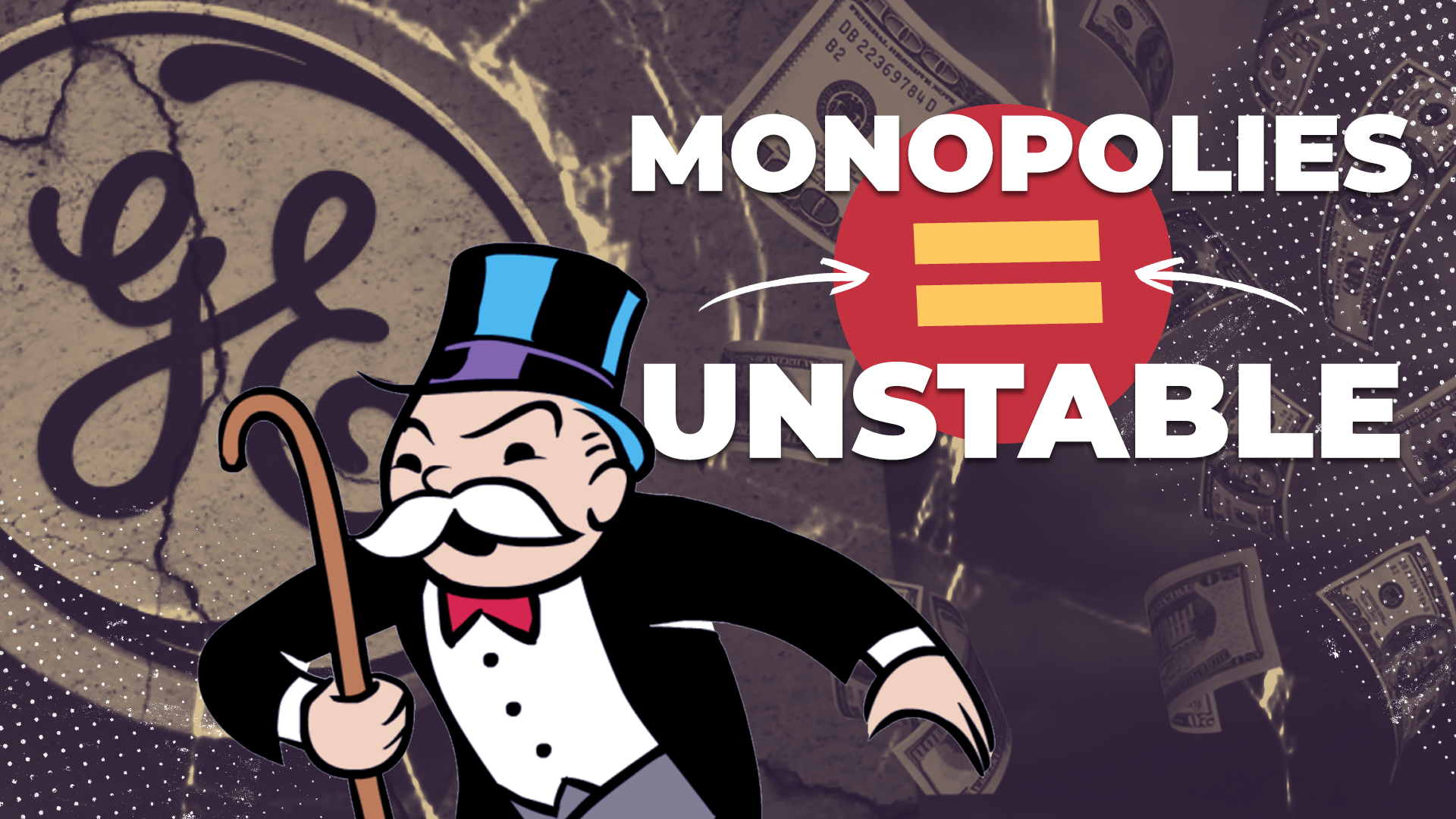
Why is General Electric Breaking Up?
February 1, 2022 | Video
If we’re living in late-stage capitalism, why have big companies like General Electric and Johnson & Johnson recently broken up? Weren’t we supposed to see endless consolidation and corporations that dominate the world? You might remember Duke University Professor Mike Munger from We Have a Serious Unicorn Problem. He’s back to explain, among other things, […]
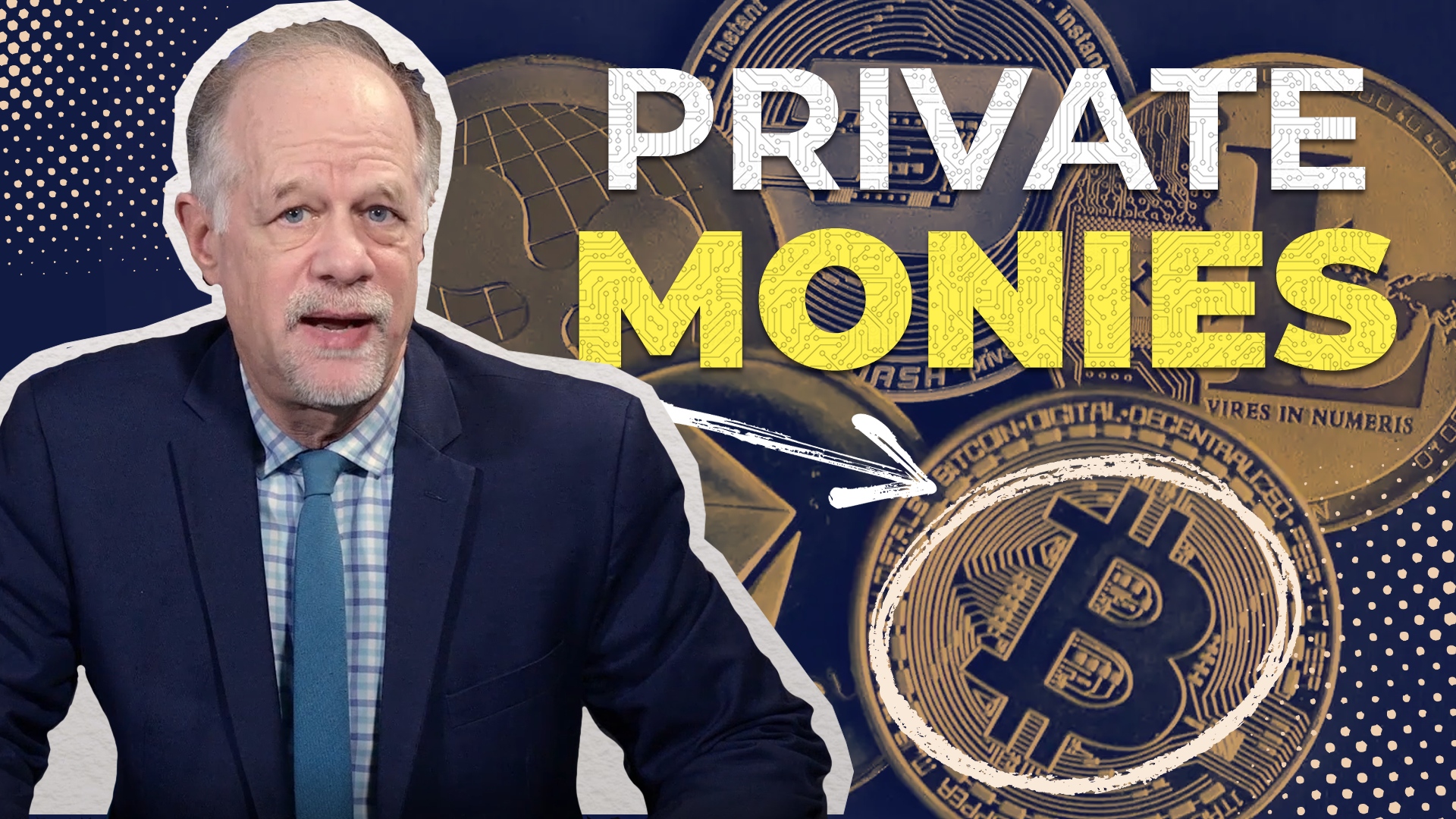
Hayek Predicted Bitcoin
January 18, 2022 | Video
Here in Episode 4 of our series on Blockchain Economics, Lawrence H. White, Professor of Economics at George Mason University, will walk you through Hayek’s elegantly simple proposal: make private individuals and businesses free to offer their own money to compete with that of the government.
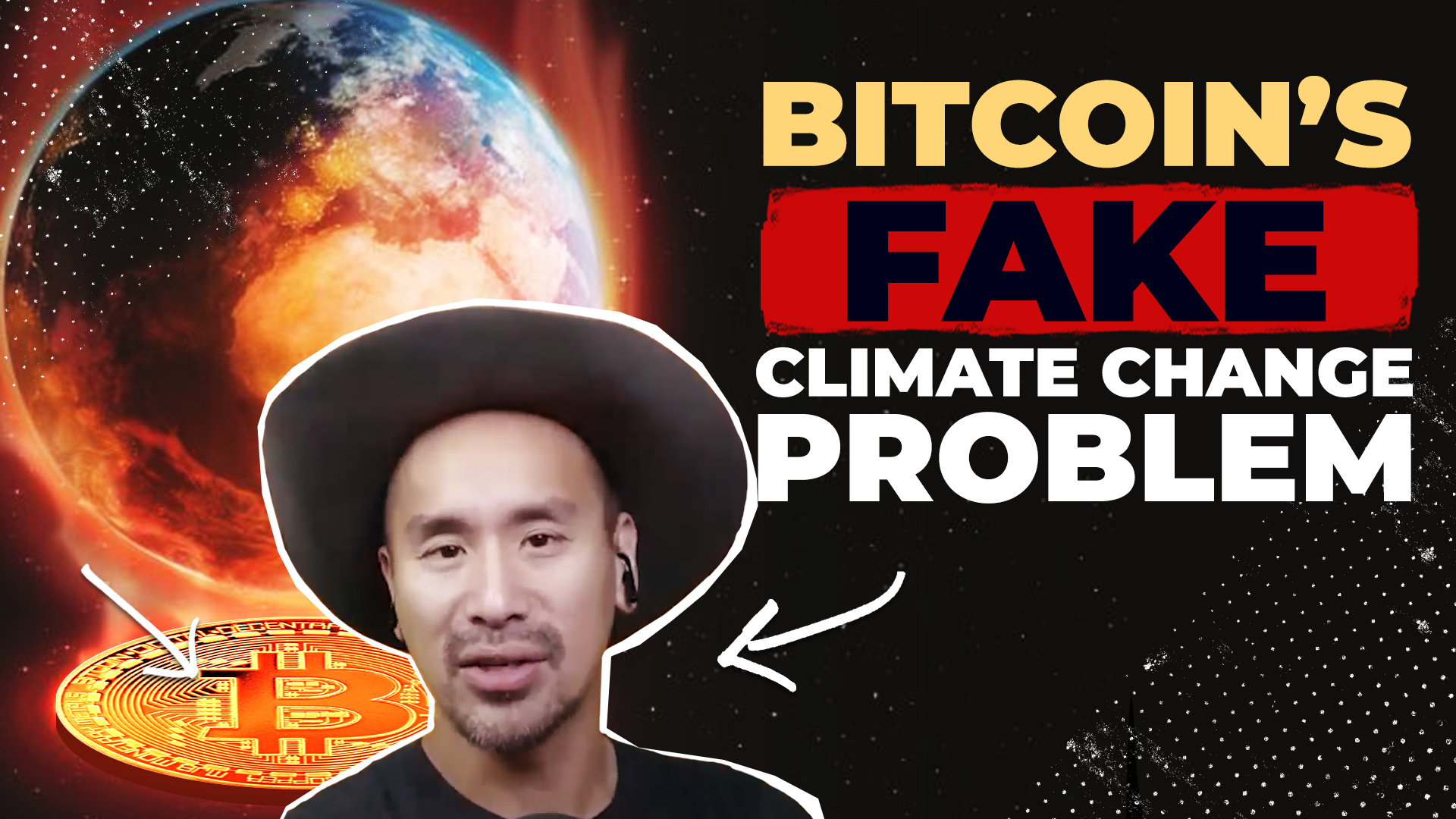
Bitcoin is not a threat to Climate Change
January 11, 2022 | Video
Bitcoin is a serious and direct threat to governments’ power to control and print money. So, politicians and bureaucrats are building Bitcoin into the ultimate boogeyman. It “puts the financial system at the whims of some shadowy group of super-coders,” said Senator Elizabeth Warren. Then there’s the narrative — pushed by British newspaper The Guardian […]

Legends of Liberty: Edward Jenner
January 9, 2022 | Post
One thing everyone seemingly can agree on is that Pfizer, Moderna, Johnson & Johnson, and other pharmaceutical companies developed their Covid-19 vaccines in world-record time. Less than a year passed from the outbreak of the virus in January 2020 until a British woman received the first dose in December 2020. (And they could have been […]

The post-Soviet world, 30 years on
December 28, 2021 | Post
In the 30 years since the collapse of the Soviet Union, the 15 former Soviet republics have followed widely different trajectories.
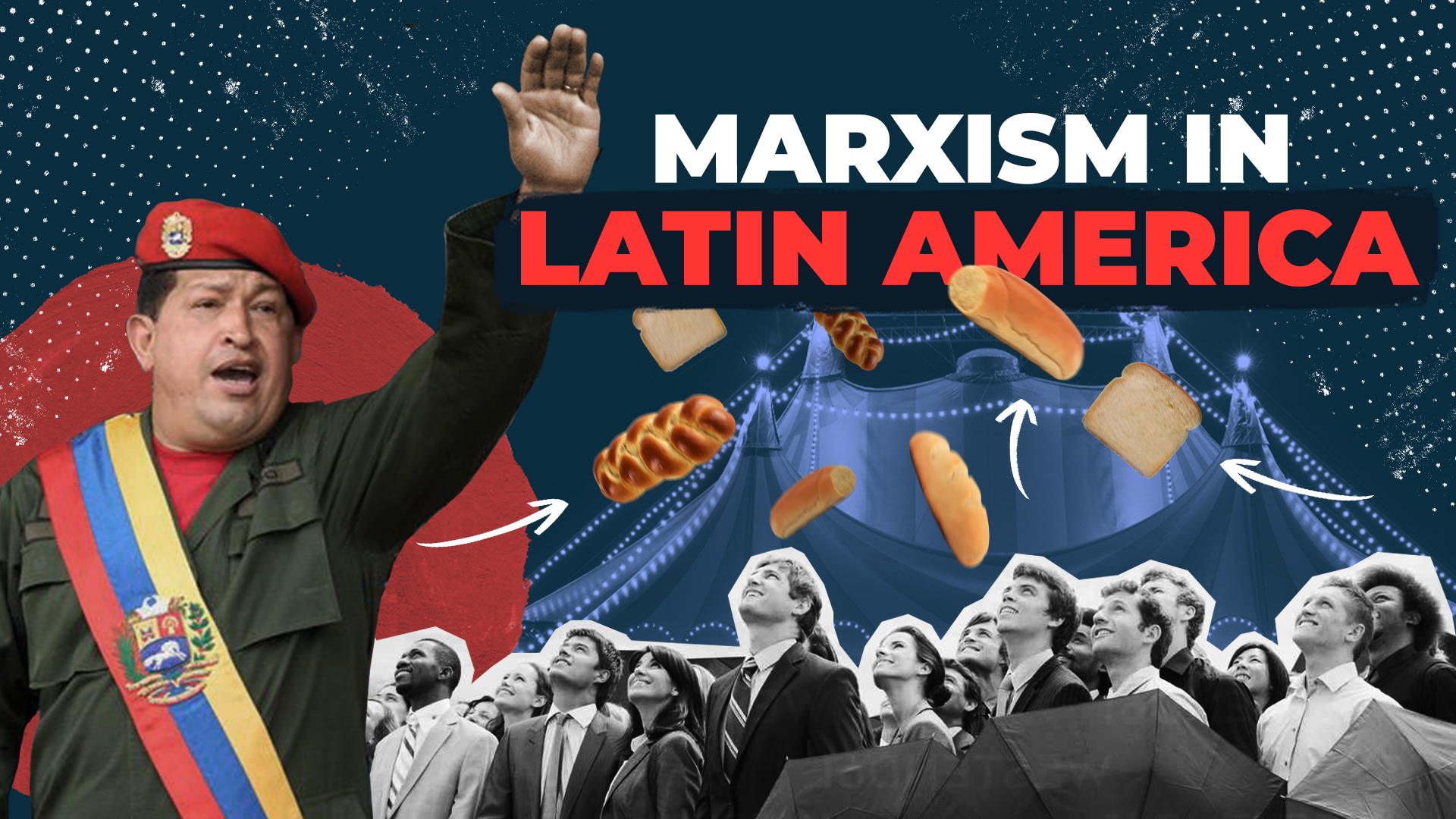
Marxism in Latin America: A Brief History
December 28, 2021 | Video
The history of Marxism (and its offspring, Communism) in Latin America is a sordid one. Many of its brutal dictators, including Fidel Castro, Hugo Chavez, and Pedro Castillo, have used the Marxist doctrine as a stepstool to power. But, as this video argues, those dictators only succeeded in plunging their countries into poverty — as Marxism promises to do anywhere its ideas are adopted.
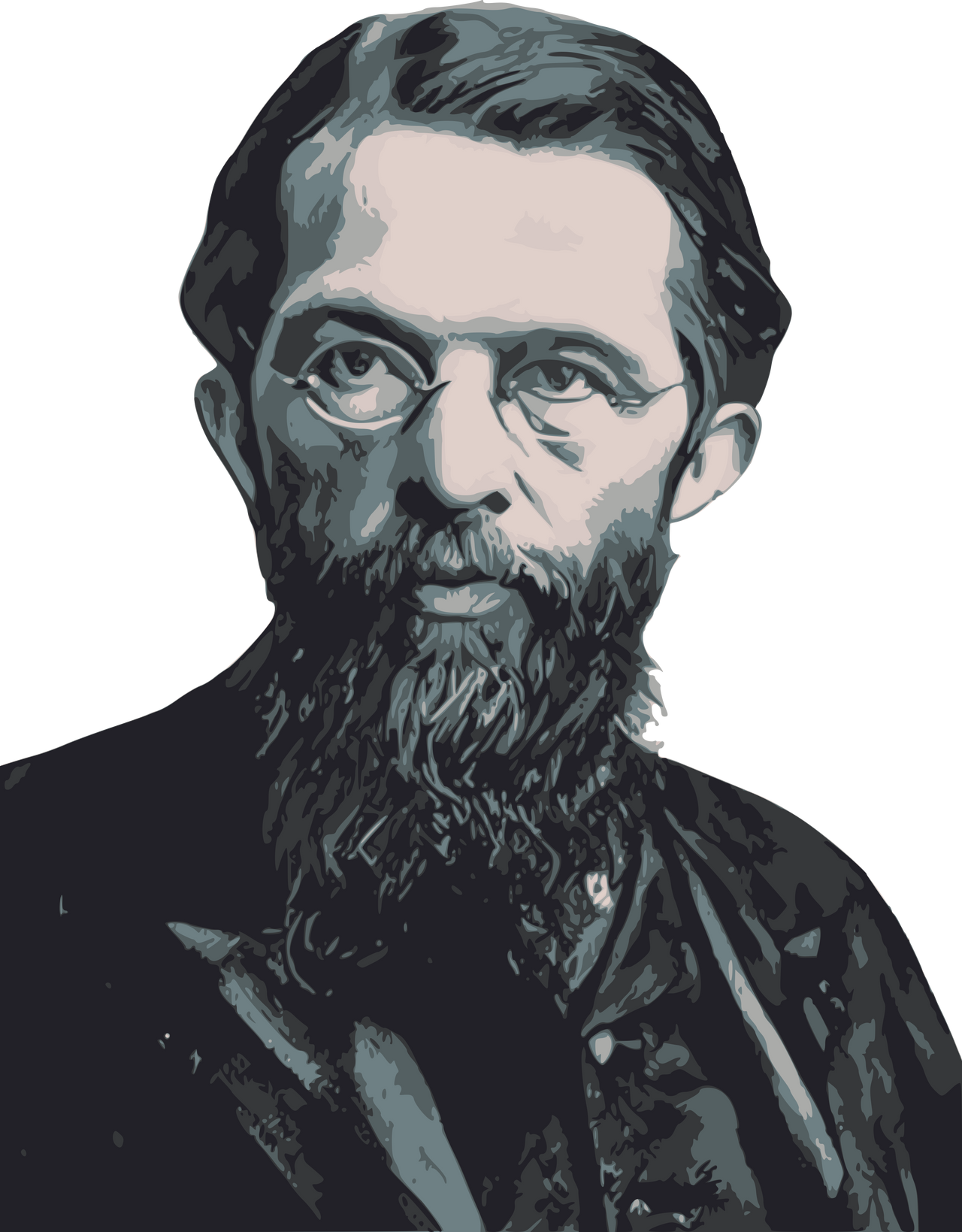
Legends of Liberty: Carl Menger
December 20, 2021 | Post
Here’s a brainbuster for you: The product on the left will help keep you alive for 6-8 weeks. It costs $4.49. The other is nothing more than pretty to look at. It costs $161. Why? This paradox — the water-diamond paradox — troubled some of the world’s greatest minds. Plato wondered about it; Copernicus and […]
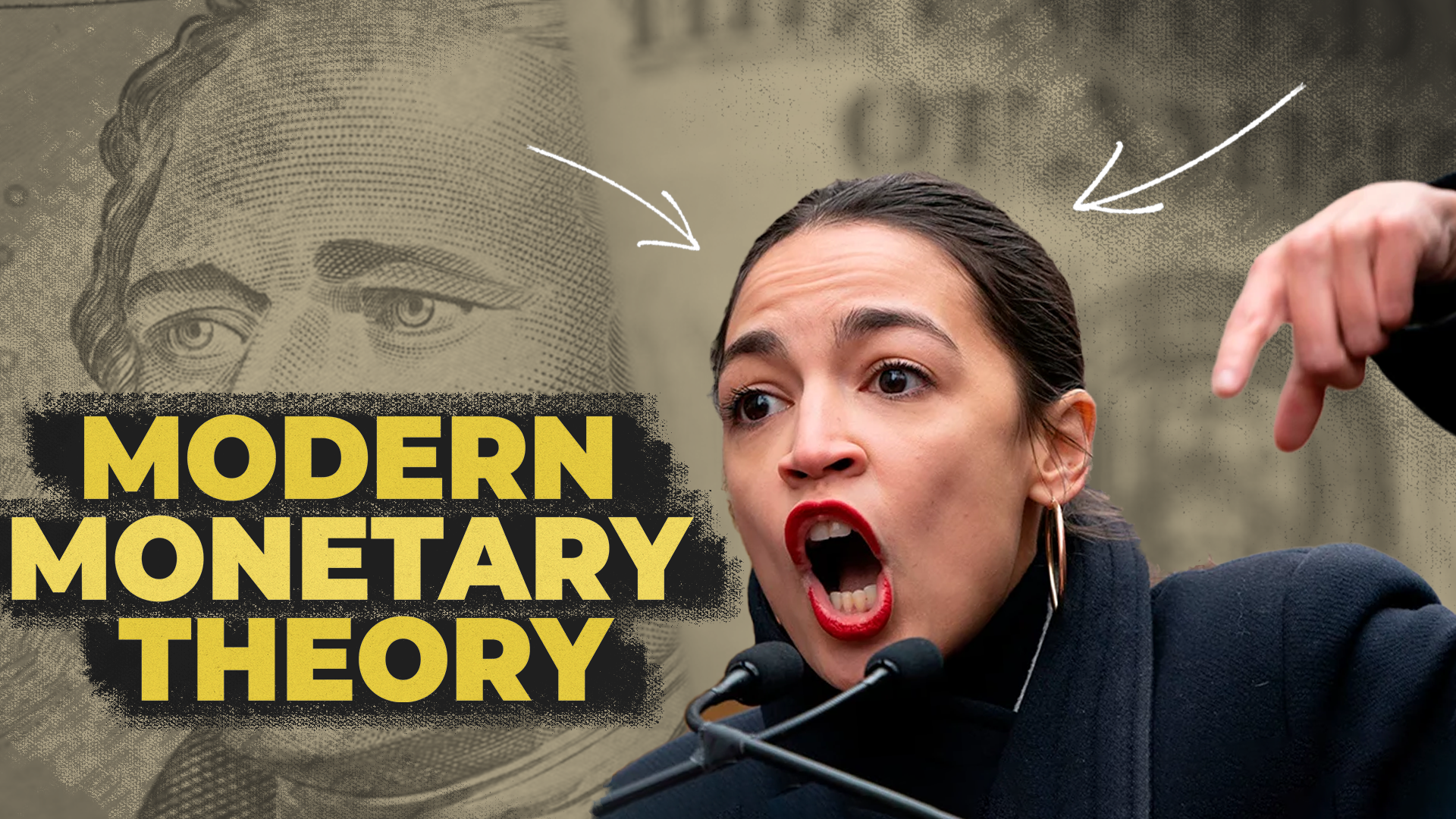
Is Modern Monetary Theory A Valid Policy?
December 1, 2021 | Video
The United States government is, yet again, facing a budget crisis. Government funding is set to expire on December 3, 2021 and Congress has a deadline of December 15 to raise the debt ceiling. Otherwise, the U.S. will default on its debts, and a worldwide financial collapse becomes a possibility.
Modern Monetary Theory (MMT) is part of the reason these crises — not to mention inflation — are becoming more common. It theorizes that because modern states control currency and have the power to levy taxes, they can print as much money as they want.

Botswana: a triumph of capitalism in Africa
November 12, 2021 | Post
By embracing capitalism, Botswana went from one of the poorest nations in the world to one of the fastest growing economies.
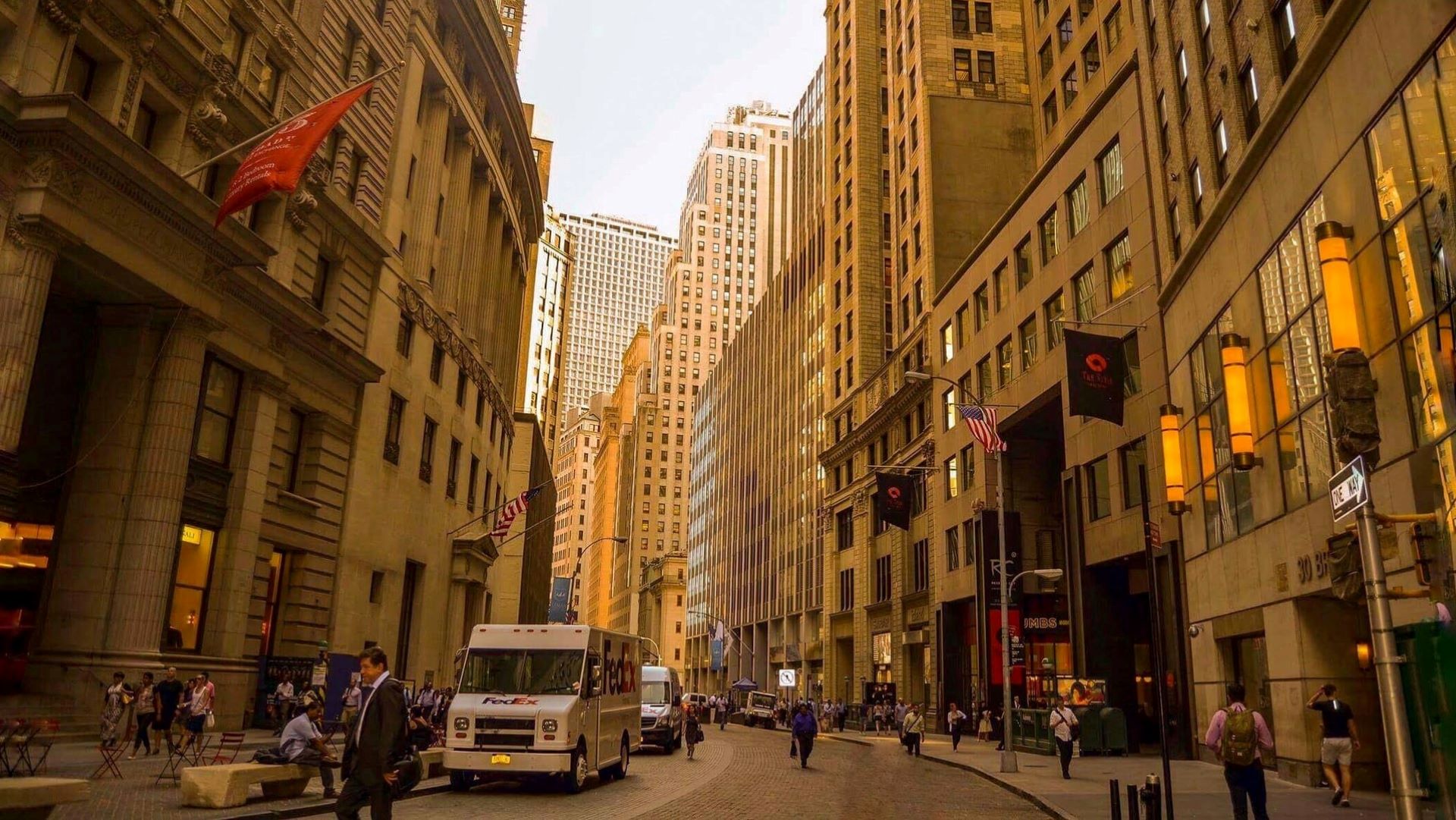
A tax on unrealized capital gains would have unprecedented destructive potential
November 6, 2021 | Post
If levied, the “billionaire tax” targeting unrealized capital gains would penalize entrepreneurship and have unprecedented destructive potential

Objectivism: a philosophical defense of liberty
October 22, 2021 | Post
To make a coherent defense of liberty, it is important not to neglect the philosophical and moral considerations that underpin our individual rights.

Atlas Shrugged: a masterpiece with a lasting impact
October 10, 2021 | Post
Since its publication in 1957, Ayn Rand’s Atlas Shrugged continues to have a lasting impact and remains a cornerstone of pro-liberty literature
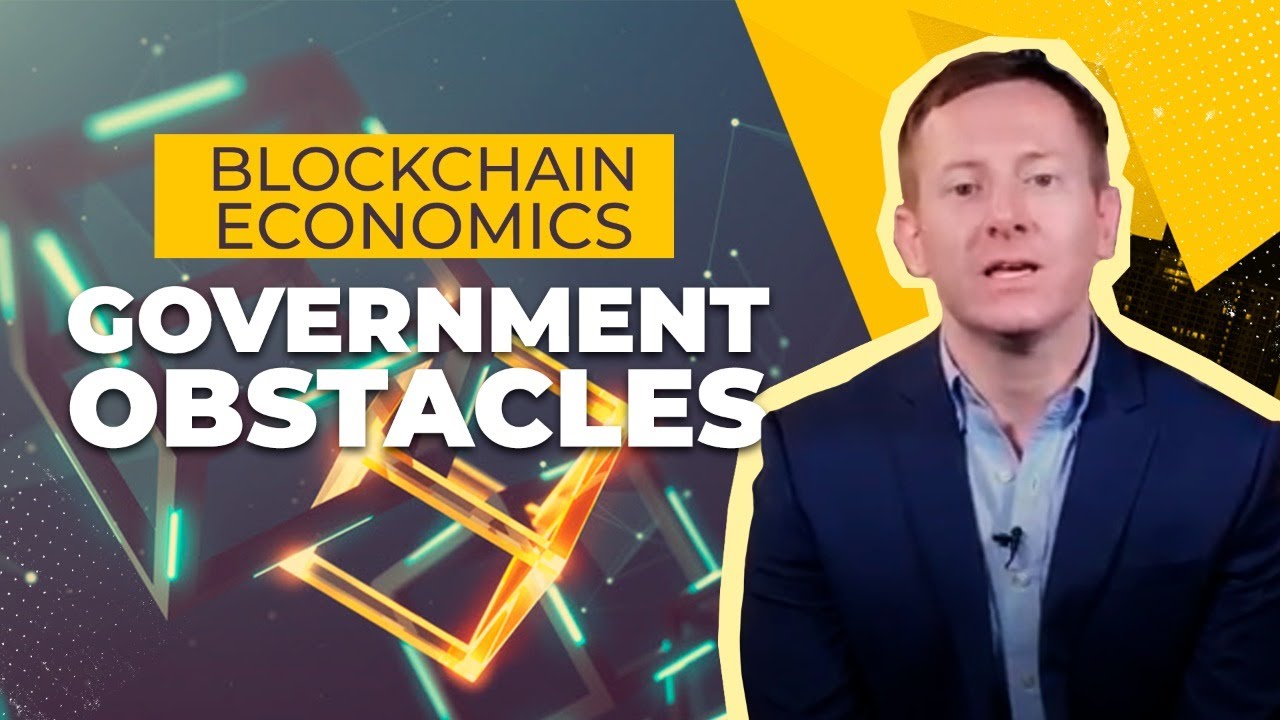
3 Ways Governments Can Regulate Bitcoin
September 9, 2021 | Video
Bitcoin and other crypto have put a lot of pressure on governments. They just can’t ignore it anymore. Some have tried really hard to control it (like China), others have embraced it completely, like El Salvador, which just legalized bitcoin as legal tender. In this video, we explore examples of obstacles some countries put on […]
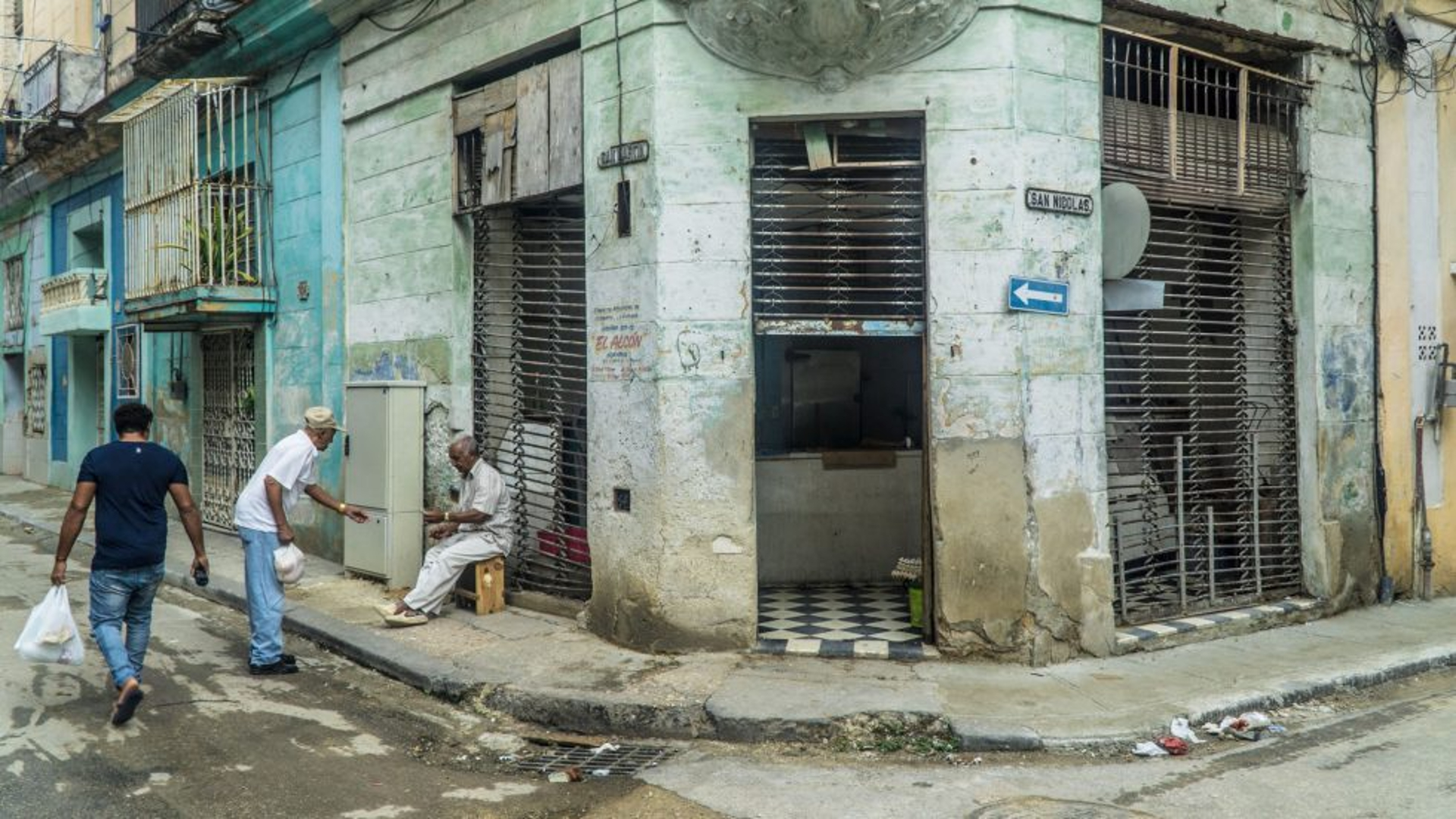
U.S. sanctions are not responsible for the Cuban economic crisis
September 7, 2021 | Post
When a worsening economic crisis saw anti-government protests erupt in Cuba, the regime was quick to blame U.S. sanctions instead of its own policies

A global minimum tax rate will stifle competition and hurt consumers
September 4, 2021 | Post
The G7’s recent plan for a global minimum tax rate of 15% is a terrible idea that will hurt consumers and restrict competition.
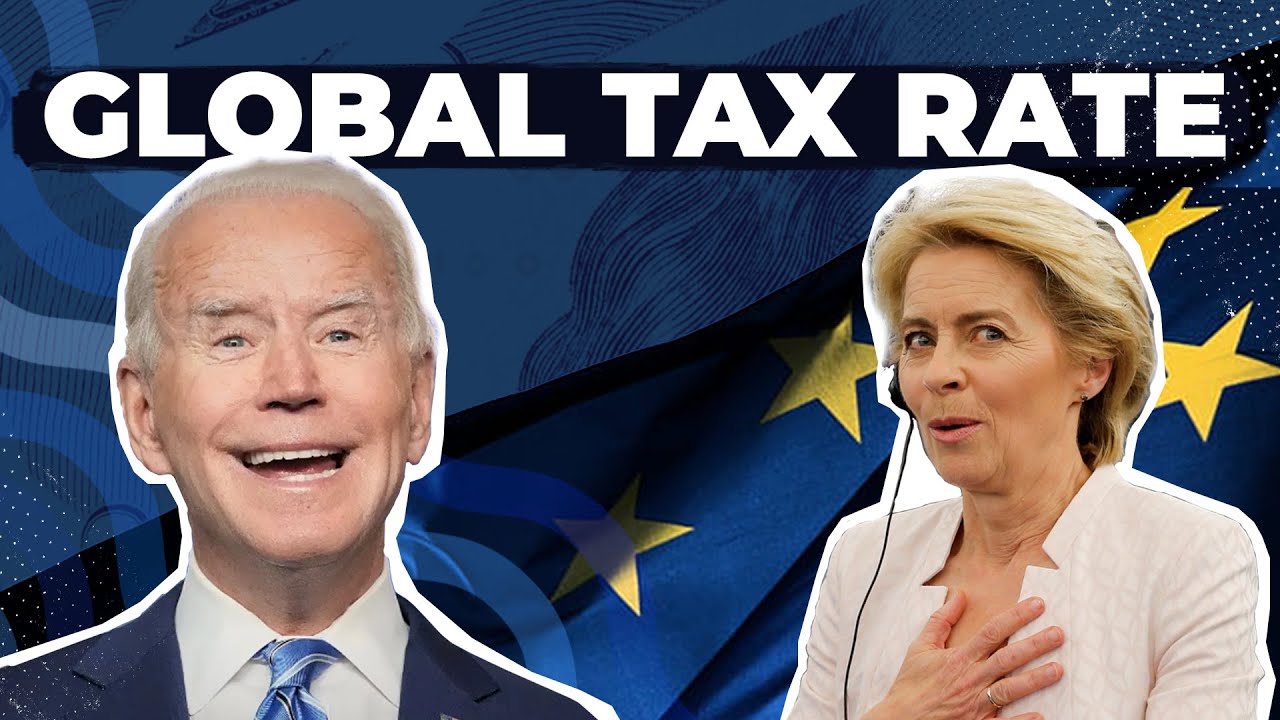
Global Tax Rate, Explained
August 26, 2021 | Video
The G7 recently reached a historic decision favoring a global corporate tax rate, aligning interests from the US government and the European Union. They want to change how corporations pay their taxes and eliminate the competition between countries with lower rates. What is behind this decision? What are the possible consequences of implementing a global tax? But most importantly, why is this such a terrible idea?
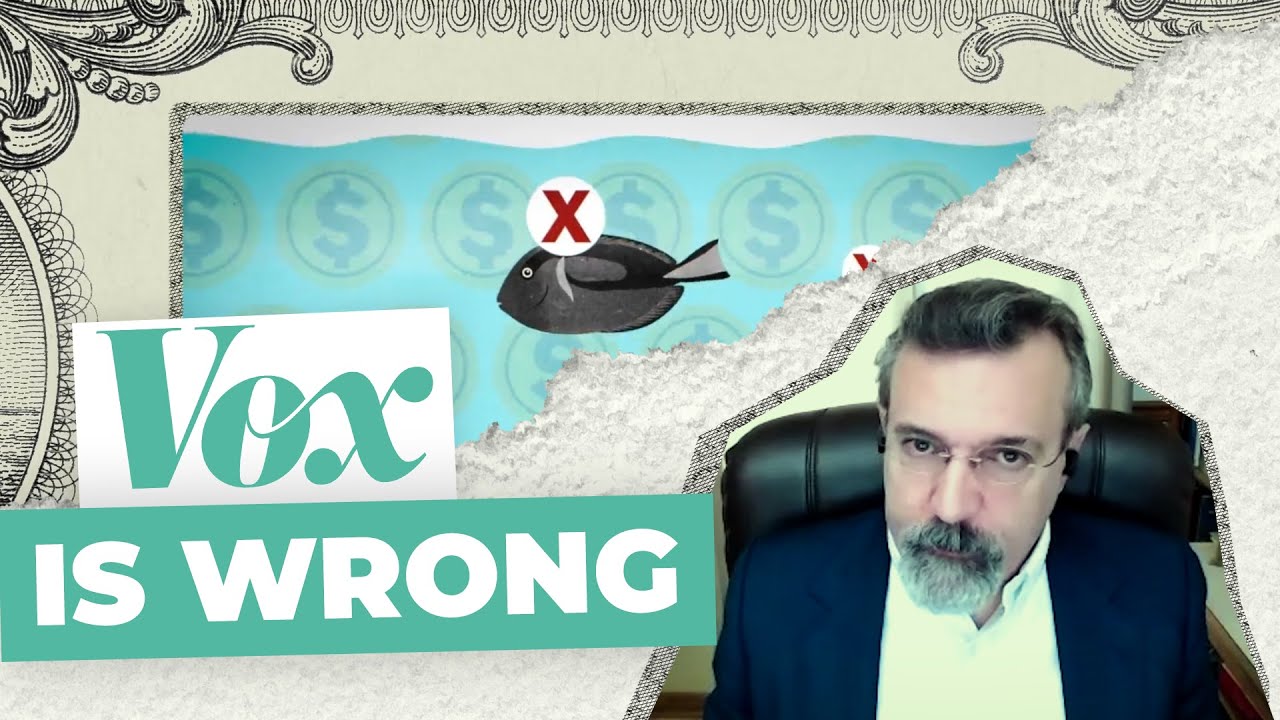
Prof. Antony Davies: Why the US doesn’t want inflation, explained
July 30, 2021 | Video
Vox recently posted a video explaining how inflation works and why some people want inflation to rise in the US. However, they are not telling the whole story, so we had to set the record straight.
We invited our good friend, professor Antony Davies, to explain what inflation is and how that affects the lives of everyone. He talks about how inflation erodes people’s purchasing power, the role of politicians in all this, and what people can do to protect themselves against inflation. We want to hear what your savings strategies are against inflation. Comment them down below!

The fight for freedom in Cuba
July 29, 2021 | Post
Recently, Cuba has seen an unprecedented wave of protests against the ruling communist regime. Could freedom be on the horizon for Cuba?
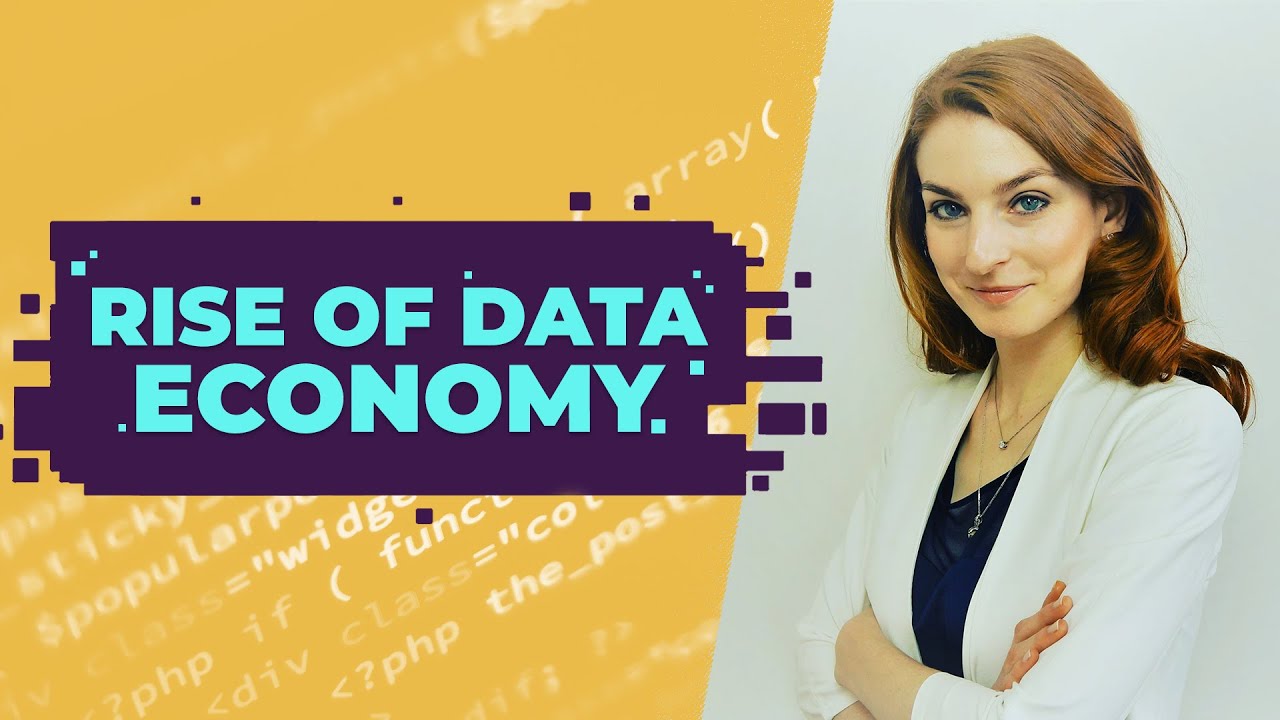
The Rise of the Data Economy
July 15, 2021 | Video
Following the conversation with Eline Chivot, the senior adviser on digital policy at the European People’s Party and a former senior policy analyst at the Center for Data Innovation, about data protection and innovation, we asked her why data is so important to innovation in a digital economy, and what happens when the flow between companies and users is interrupted by governments.
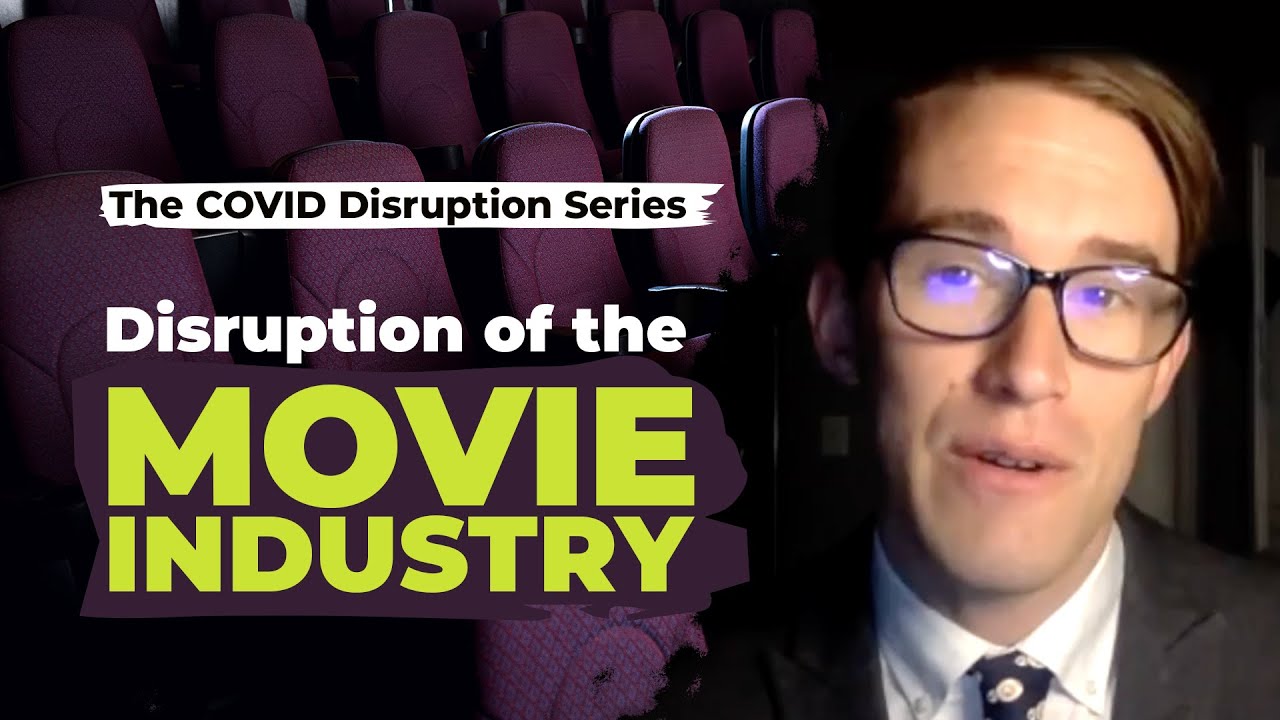
Will Cinema Theaters Survive The Pandemic?
July 2, 2021 | Video
Few businesses have been so impacted by the pandemic as cinemas and movie theaters. Think about the last time you watched a movie in a room filled with people; this is an image from a distant past, and although things are getting back to normal, the movie industry has been affected in a way not seen before.
